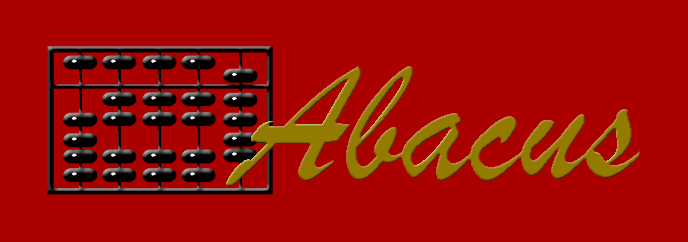
Services
Acing The SAT
There are many entities on the net claiming to provide the key to "acing" the SAT, and there are inevitably some flaws and predictable patterns in the structure of the test that can be exploited. On the other hand, it is the goal of the test-setters to produce an exam that measures only knowledge of the subject matter and minimizes the potential effect of test taking strategies. The degree to which they have succeeded is a matter of considerable debate.
Taking the position that the test can be aced through using a specific set of exploitive ploys is Mike Barrett of Acing The Sat.
The real question is whether it is actually easier and more effective to learn and apply test-taking strategies than to learn the subject matter itself (certainly all possible effort is being exerted by the test setters to ensure that the former is unfeasible and less desirable). Another factor worth considering is which skill set is likely to be more valuable in the long run -- SAT test strategies, or Verbal and Mathematical proficiency.
A specific set of grammar rules has been selected for scrutiny on the SAT. Though this list has not evaded controversy entirely, it is a fairly solid collection and definitely one deserving of serious study by any college-bound student. SAT Practice, the new verbal section, makes the assumption that achieving English proficiency will serve to prepare the student both to take the SAT and to succeed in college.
We have put a list of these grammar rules tested for on the SAT together with links to relevant practice sheets. It is important to note that the language used in academic writing is almost entirely compliant with these rules. Unfortunately, most commonly heard speech violates them consistently, making it very hard to develop an ear for correct usage. There are, however, many free English study resources available on the net -- university lectures, for example, which, if transcribed, would comply in all important respects with the SAT grammatical rule set.
There is no question that test-taking is a valuable skill not to be undervalued and that the tricks Mike Barrett and others present may well improve one's test scores -- if only by making it possible to twig the answer more quickly, thus saving valuable time. On the other hand, the rather specialized tactics formulated for "acing the sat" are not particularly applicable elsewhere, while formal language skills themselves are possibly the best educational investment a student can make.
In summary, the verbal skills tested for on the SAT are well chosen, essential to the scholar and well worthy of acquisition. Though it may be possible to improve one's score on the SAT itself by exploiting the predictability which necessarily exists in such a standardized exam, doing so to the exclusion of content study is short sighted and self-defeating in the larger scheme of things and may well not be quite as easy or effective as the test-prep pundits would have you believe.
- *** NEW ***
- Online Education
- What is Correct English?
- Acing the SAT
- Homeschool Classes
- Grammar Resources
- SAT Grammar Errors
Site Map
- AES Home
- Featured Resource
- Acing the SAT
- Education Journal
- Grammar Playsheets
- Grammar Resources
- Vocabulary tips
- Vocabulary Quiz
- Software
- Online SAT Resources
- SAT Grammar Errors
- Books on the New SAT
- Vocabulary Books
- Vocabulary List
- Vocabulary Crosswords
- Homeschooling
- Homeschooling
- Homeschooling Classes
- AP exam preparaion
- Homeschooling Books
- Homeschool on the Web
- Homeschooler Central
- Children's books
- The Wind in the Willows
- The Golden Age
- Language Reference
- Common Errors
- Subject/Verb mismatch
- Number (singular/plural)
- Case, declension
- Misplaced Modifiers
- Metaphors
- Mixed Metaphors
- Confused Verbs
- Sentence Fragments
- Run-on Sentences
- Parts of Speech
- Verbs
- Nouns, Pronouns
- Prepositions
- Adjectives
- Online Education
- Studying Online
- Online Higher Education
- Writing Class Online
- Online degrees
- Accredited degrees
- Recommended reading
- Children's books
- Cat Flinging
- Motorscooter Solution
- Wistful Vistas
- Thailand Escape
- Contact us
- Graded Links
 Advanced Writing text for the student with little time and a low boredom threshold
Advanced Writing text for the student with little time and a low boredom threshold